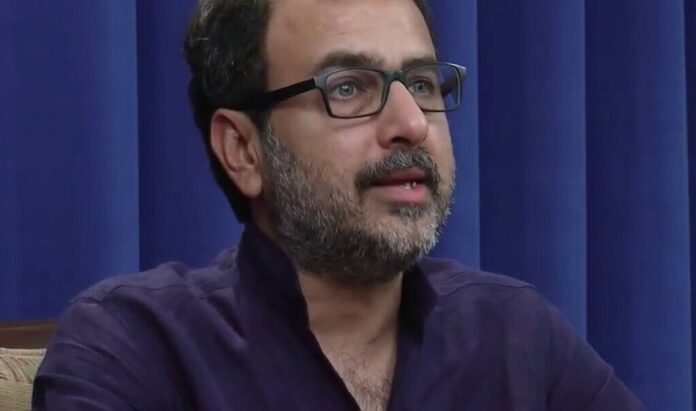ISLAMABAD: The Pakistani government is taking a measured approach to address the complex issues surrounding Independent Power Producers (IPPs), as revealed by Power Minister Awais Leghari during a Senate standing committee session on Friday. A dedicated task force is currently evaluating potential fault lines in agreements with IPPs, aiming for mutual corrections while avoiding any unilateral actions that could expose the country to hefty international penalties.
Speaking before the committee, which was presided over by PTI Senator Mohsin Aziz, Leghari emphasized the government’s commitment to legal and contractual obligations. He warned that any hasty or unilateral moves against IPPs could result in severe financial repercussions, referencing past experiences like the Reko Diq case, where Pakistan faced significant fines for contract violations.
The minister also announced a reassessment of the estimated tariffs for major upcoming projects, such as the Diamer-Bhasha Dam and Chashma Nuclear’s C-5, due to concerns over the affordability of hydroelectric power. “The cost of electricity from these projects could push up overall tariffs,” he noted, stressing that no new public or private sector projects, except those already in the pipeline and around 700MW of renewable energy plants, would be contracted in the next decade.
Leghari highlighted that Pakistan is legally bound by sovereign guarantees and cannot unilaterally terminate or renegotiate IPP contracts. He clarified that while some IPPs have been accused of recovering their investments prematurely through over-invoicing, the previous government did not conduct the necessary heat rate audits, instead opting for arbitration—a move that now limits the government’s options.
The task force, which includes Muhammad Ali, is exploring various strategies to address the issue within the confines of existing laws and contracts. These include offering net present value for the remaining contractual period to projects nearing the end of their lifecycle, shifting some contracts from “take or pay” to “take and pay” arrangements, and providing fixed operations and maintenance (O&M) costs for those with one or two years left.
Leghari also addressed recent criticisms, clarifying that while closing 1,875MW worth of expensive projects could reduce load shedding by two hours during peak summer and save Rs50 billion, his comments had been misinterpreted. He underscored that Pakistan has made arrangements for consistent power supply, comparable to those in wealthier nations.
In a related discussion, NEPRA Chairman Waseem Mukhtar acknowledged a continuous decline in electricity demand, affirming that the regulator has no plans to add more capacity to the grid under the current circumstances.
Senator Shibli Faraz called for greater transparency from NEPRA, particularly regarding recent tariff adjustments and electricity price hikes over the past two years. He demanded detailed reports on power projects nationwide, questioning the independence of the regulator and its decision-making processes.
This cautious and legally grounded approach by the government underscores the complexities of managing energy contracts while balancing national interests and international obligations.




